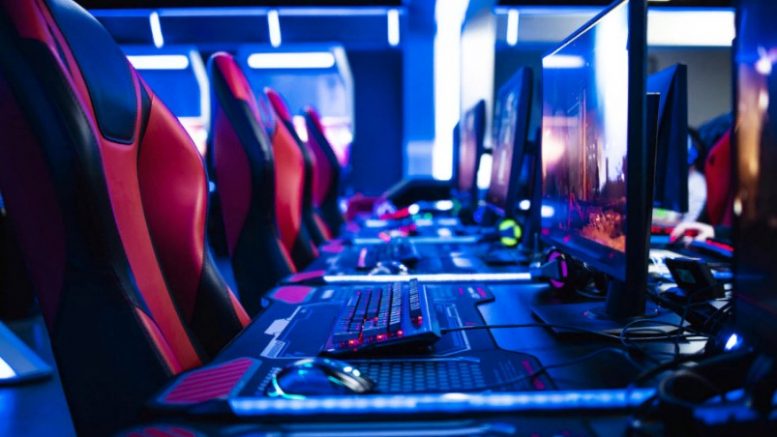Early studies into the burgeoning electronic sports (esports) business suggest that improved coaching is needed to keep professional players from becoming burnt out.
There are a lot of things that need to be looked into even more by researchers from the University of Waterloo in order to improve the way coaches and players do their jobs.
These things include things like player fatigue, mental stress, and peak performance situations.
“They burn out because they stay at desks for lengthy periods of time playing and practicing,” said Bader Sabtan, a Ph.D. student in systems design engineering who led the study.
“It causes a wide range of problems, from mental health issues to back and wrist problems.”
According to a survey of professional League of Legends clubs, there are essentially no standardized coaching tactics or techniques to guide young players.
Instead, players practice 12 to 14 hours a day, six days a week, to be competitive in the ever-changing team battle video game, one of several with sizable fan bases across the world.
Professional esports attract large crowds since players, who are often between the ages of 18 and 20, compete on computers while their games are shown on large displays. In 2018, one championship event received nearly 100 million internet views.
The League of Legends, which features 47 professional teams in North America, Europe, Korea, and China, was the subject of the study. Players can earn over $400,000 per year, although their careers seldom last more than three or four years.
Coaches who took part in the survey all agreed that ways to make practice more effective and strategic so that players don’t have to work so hard must be found.
Shi Cao, a systems design engineering professor at Waterloo’s Games Institute, said, “I was astonished to hear that even the best professional trainers don’t have systematic training methods.” “There is no scientific proof or research to back anything up.”
Just as physiology and kinesiology research assist traditional sports, cognitive psychology and human factors engineering may help mental work like esports, said Cao, a casual esports participant.
Sabtan is well aware of the pressures placed on the finest players. He was in the top 1% of League of Legends players a few years ago, and he spent up to 50 hours a week practicing to stay there.
Sabtan stated, “Right now, there is no other option.” “Practicing and repetition are the only ways to obtain the requisite sharpness, game knowledge, and reaction speed, so they just play the game.
” They have no social life. There are no girlfriends or lovers for them. It can’t go on indefinitely. “
The study was published in the journal Entertainment Computing and is titled “Current practice and obstacles in teaching Esports players: An interview study with League of Legends professional team coaches.” Naomi Paul, a Waterloo student, also contributed.





